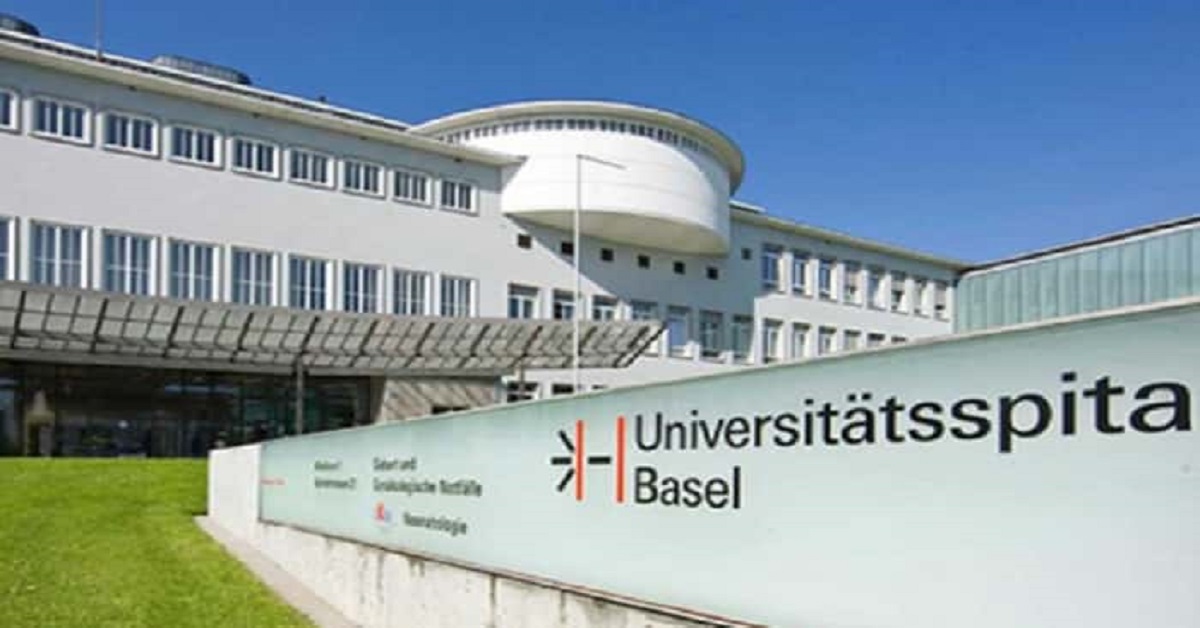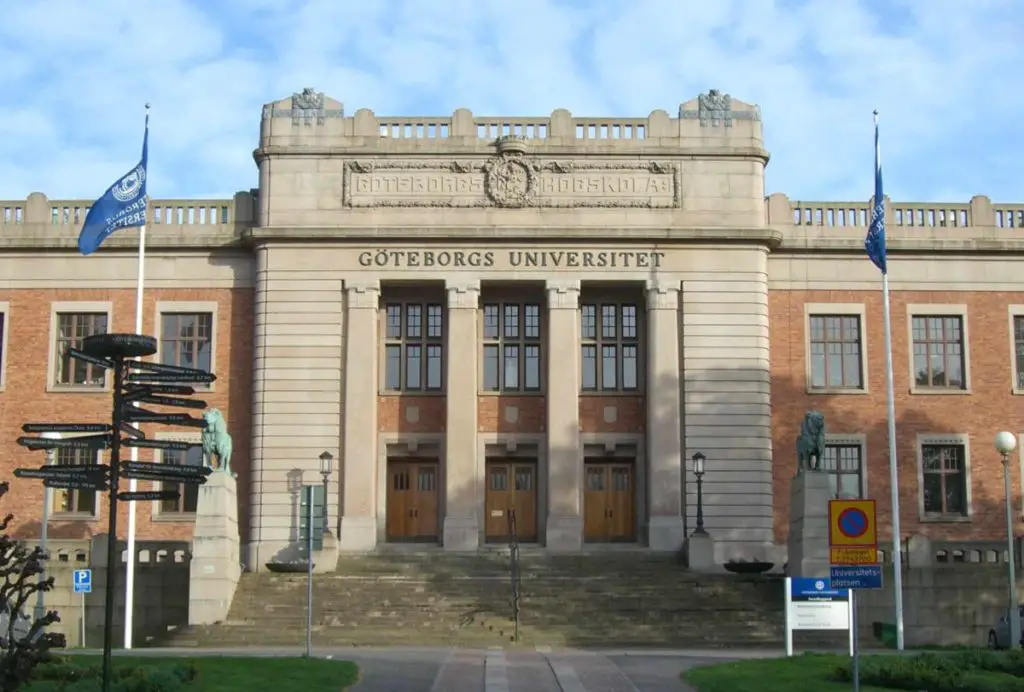The Department of English and the Centre for Medieval Studies in the Faculty of Arts & Science at the University of Toronto invite applications for a joint full-time tenure stream position (75% English & 25% Centre for Medieval Studies) in the field of Later Medieval English Literature (1200-1500). The appointment will be at the rank of Associate Professor or Professor, with an expected start date of July 1, 2022.
Applicants must have earned a PhD in English, or a closely related field, with a clearly demonstrated exceptional record of excellence in both teaching and research. The Department of English and Centre for Medieval Studies offer the opportunity to teach and to pursue research at the highest level. We seek candidates whose research and teaching interests complement and enhance our existing strengths in the Department of English and the Centre for Medieval Studies. Candidates will have an established international reputation and will be expected to sustain and lead innovative and independent research at the highest international level and to maintain an outstanding, competitive, and externally funded research program.
Candidates must provide evidence of excellence in research in Later Medieval English Literature which can be demonstrated by a record of sustained high-impact contributions and publications in top-ranked and field relevant journals, the submitted research statement, presentations at significant conferences, distinguished awards and accolades, and other noteworthy activities that contribute to the visibility and prominence of the discipline, as well as strong endorsements by referees of international standing.
Evidence of excellence in teaching will be provided through teaching accomplishments, the teaching dossier submitted as part of the application (with required materials outlined below), as well as strong letters of reference.
Salary and rank will be commensurate with qualifications and experience.
For more information about the Department of English, please visit www.english.utoronto.ca; for the Centre for Medieval Studies, please visit www.medieval.utoronto.ca.
All qualified applicants are invited to apply by clicking on the link below. Applications must include a cover letter, curriculum vitae, a teaching dossier (including a statement of teaching philosophy, sample course materials, and teaching evaluations), a research statement outlining current and future research interests, and a substantial writing sample (e.g. article or book chapter). All candidates are expected to show evidence of a commitment to equity, diversity, inclusion, and the promotion of a respectful and collegial learning and working environment. Evidence of such commitment must be demonstrated through the application materials.
Applicants must provide the name and contact information of three references. The University of Toronto’s recruiting tool will automatically solicit and collect letters of reference from each once an application is submitted (this happens overnight). Applicants remain responsible for ensuring that references submit letters (on letterhead, dated and signed) by the closing date.
Submission guidelines can be found at: http://uoft.me/how-to-apply. Your CV and cover letter should be uploaded into the dedicated fields. Please combine additional application materials into one or two files in PDF/MS Word format. If you have questions about this position, please contact Tom Keymer, Interim Chair of the Department of English at thomas.keymer@utoronto.ca.
All application materials, including reference letters, must be received by the closing date of November 1, 2021.
All qualified candidates are encouraged to apply; however, Canadians and permanent residents will be given priority.
Diversity Statement
The University of Toronto is strongly committed to diversity within its community and especially welcomes applications from racialized persons / persons of colour, women, Indigenous / Aboriginal People of North America, persons with disabilities, LGBTQ2S+ persons, and others who may contribute to the further diversification of ideas.
As part of your application, you will be asked to complete a brief Diversity Survey. This survey is voluntary. Any information directly related to you is confidential and cannot be accessed by search committees or human resources staff. Results will be aggregated for institutional planning purposes. For more information, please see http://uoft.me/UP.
Accessibility Statement
The University strives to be an equitable and inclusive community, and proactively seeks to increase diversity among its community members. Our values regarding equity and diversity are linked with our unwavering commitment to excellence in the pursuit of our academic mission.
The University is committed to the principles of the Accessibility for Ontarians with Disabilities Act (AODA). As such, we strive to make our recruitment, assessment and selection processes as accessible as possible and provide accommodations as required for applicants with disabilities.
If you require any accommodations at any point during the application and hiring process, please contact uoft.careers@utoronto.ca.



